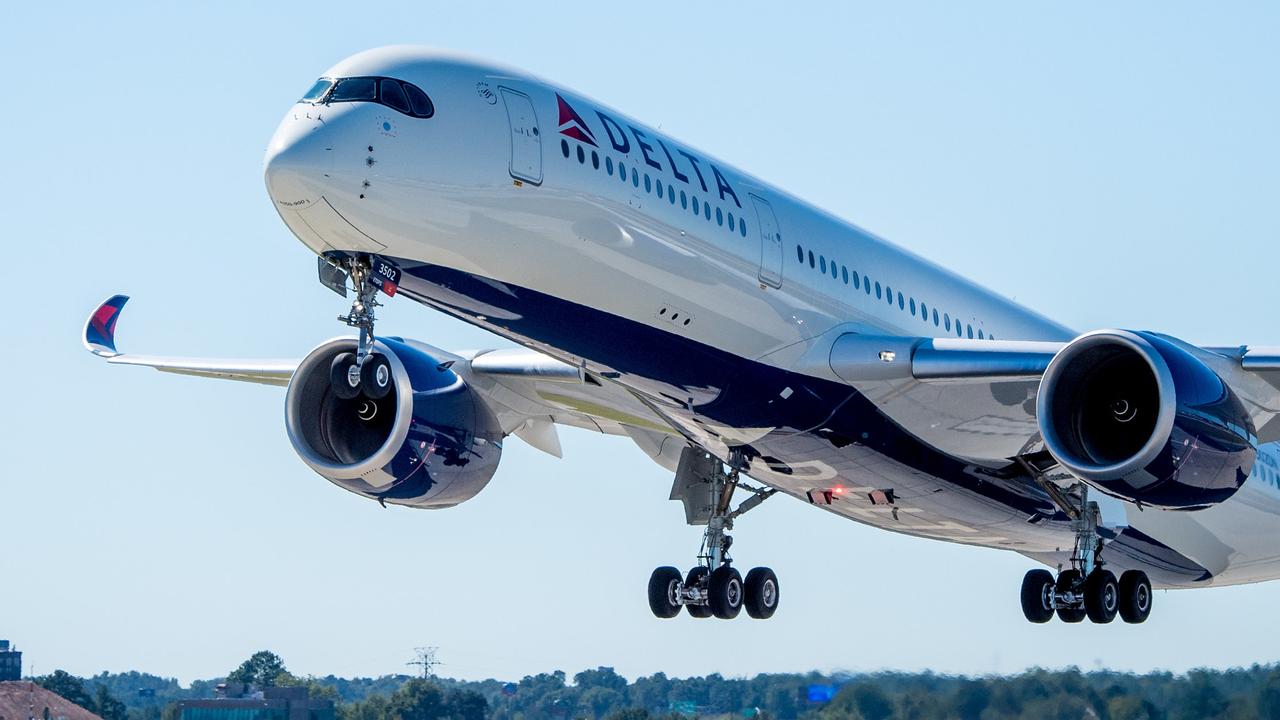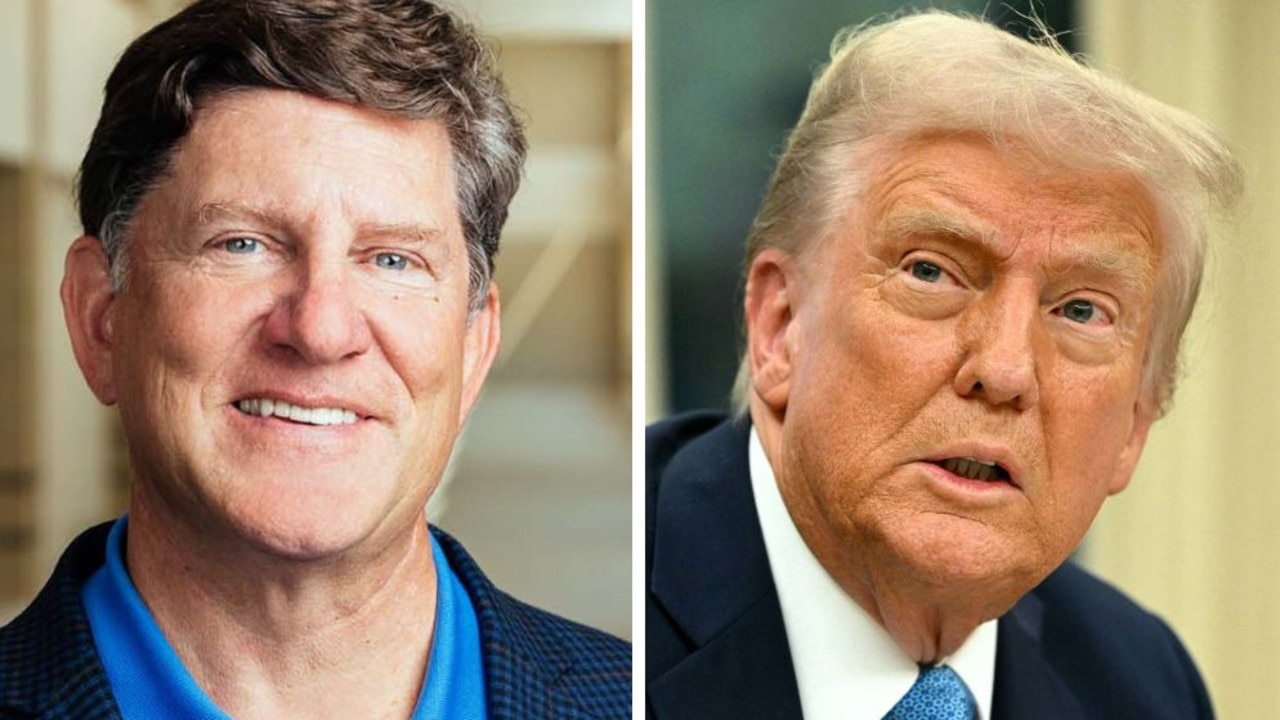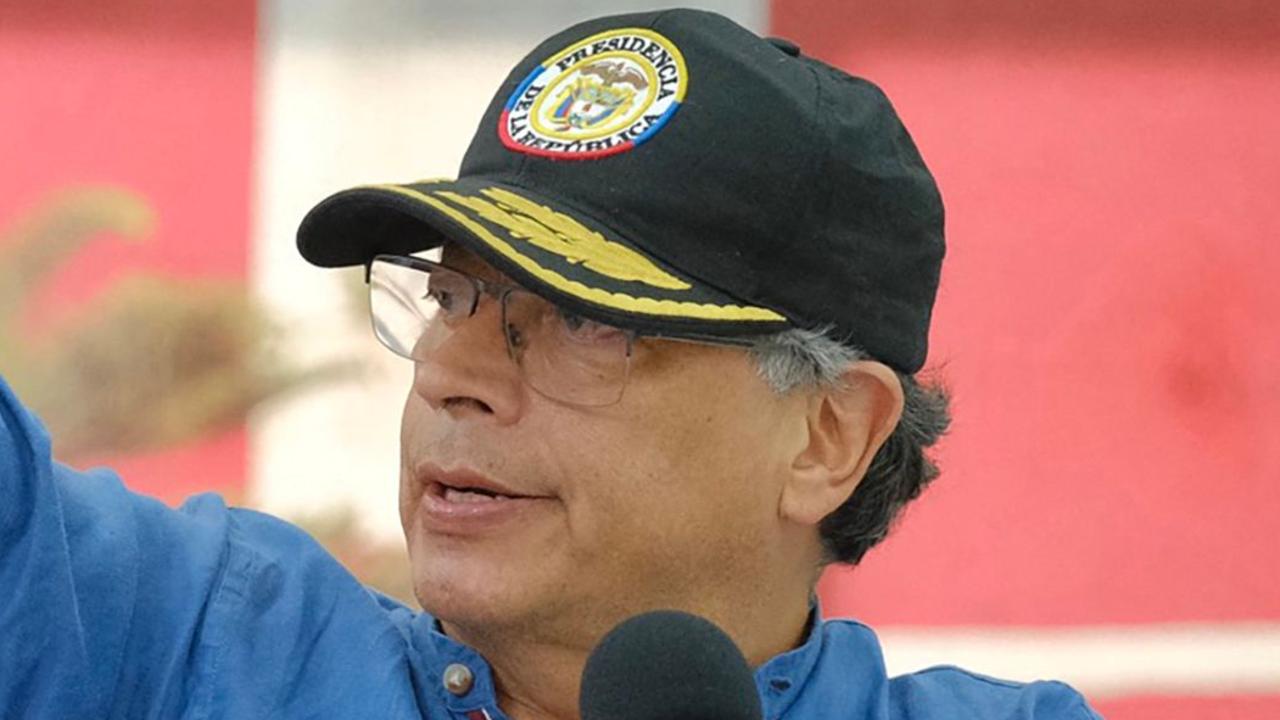Independence referendum to be held in Papua New Guinea province of Bougainville
Off the coast of Queensland, a historic vote is taking place that could lead to the formation of a new nation. Canberra – and Beijing – are watching intently.
More than 200,000 people will start going to the polls this weekend. The result could see the formation of an entirely new country off the northeast coast of Queensland.
The people of the province of Bougainville are expected to overwhelmingly vote to cede from Papua New Guinea (PNG) in a long-awaited independence referendum. But a poll is one thing, whether independence would ever occur is another question.
The vote won’t just be keenly watched in PNG’s capital of Port Moresby but in Canberra and even Beijing which is flexing its muscles in the South Pacific.
Annmaree O’Keeffe from think tank The Lowy Institute said even if Bougainville voted for independence there are doubts the island province currently has the means to successfully govern itself given it’s still recovering from a bloody civil war.
“Bougainville will have to make considerable effort to become independence-ready and to fend off questions from the international community about the viability and sustainability of the newest small island state,” she said in a paper this week.
Lying 1500 kilometres from Queensland, the Autonomous Region of Bougainville is physically and ecologically distinct from the remainder of PNG.
It is situated far from the PNG mainland, to the southeast of the larger island of New Britain and immediately north of the Solomon Islands. Indeed, some independent minded Bougainvilleans prefer the term, North Solomons.
It’s not huge. At a touch more than 9000 square kilometres, Bougainville is half the size of Fiji and could fit within Tasmania around eight times over.
Yet 250,000 Bougainvilleans manage to squeeze onto the main island and Buka to the north.
AUSTRALIA’S LONG CONNECTION TO BOUGAINVILLE
Bougainville’s version of Captain Cook was French explorer Louis Antoine de Bougainville who in the 1770s sailed through much of the South Pacific. Humbly, he lent his name to the island and for good measure, to the Bougainvillea flower as well.
Since then various nations have ruled the region including Germany and Australia. It also had a spell under Japanese occupation during World War II. More than 500 Australians, 700 Americans and 20,000 Japanese died during the battle to liberate the islands.
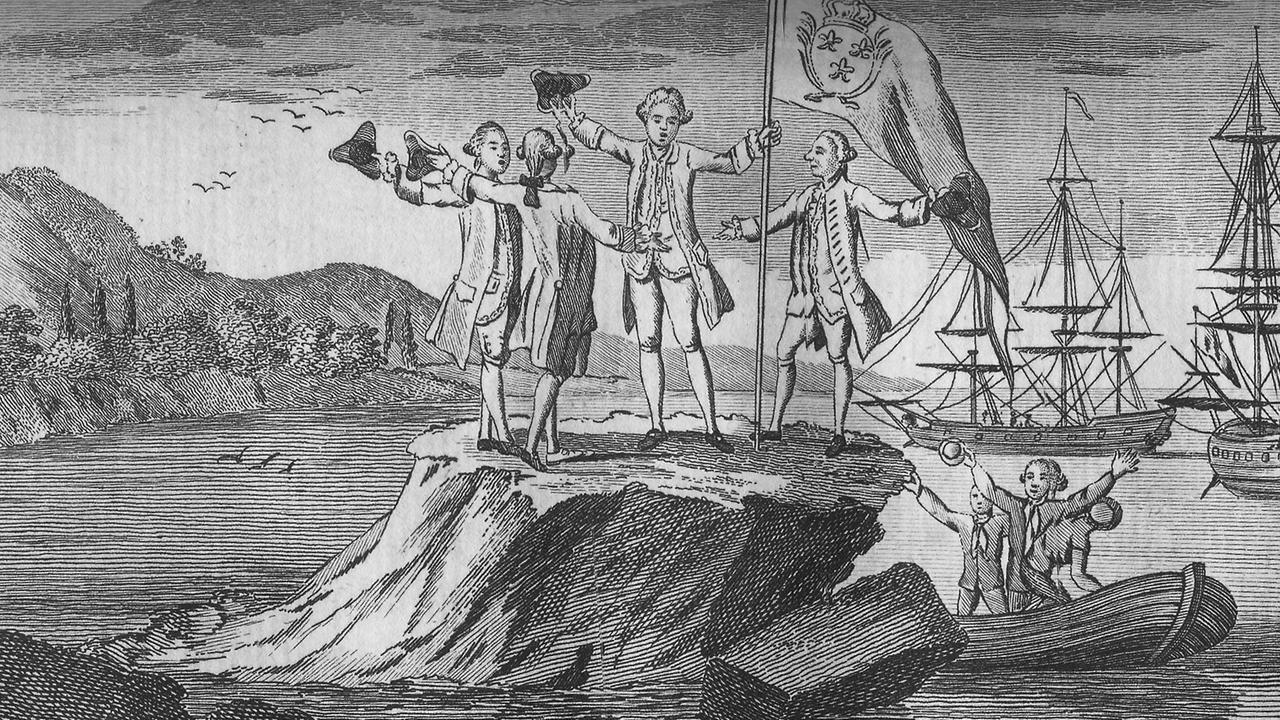
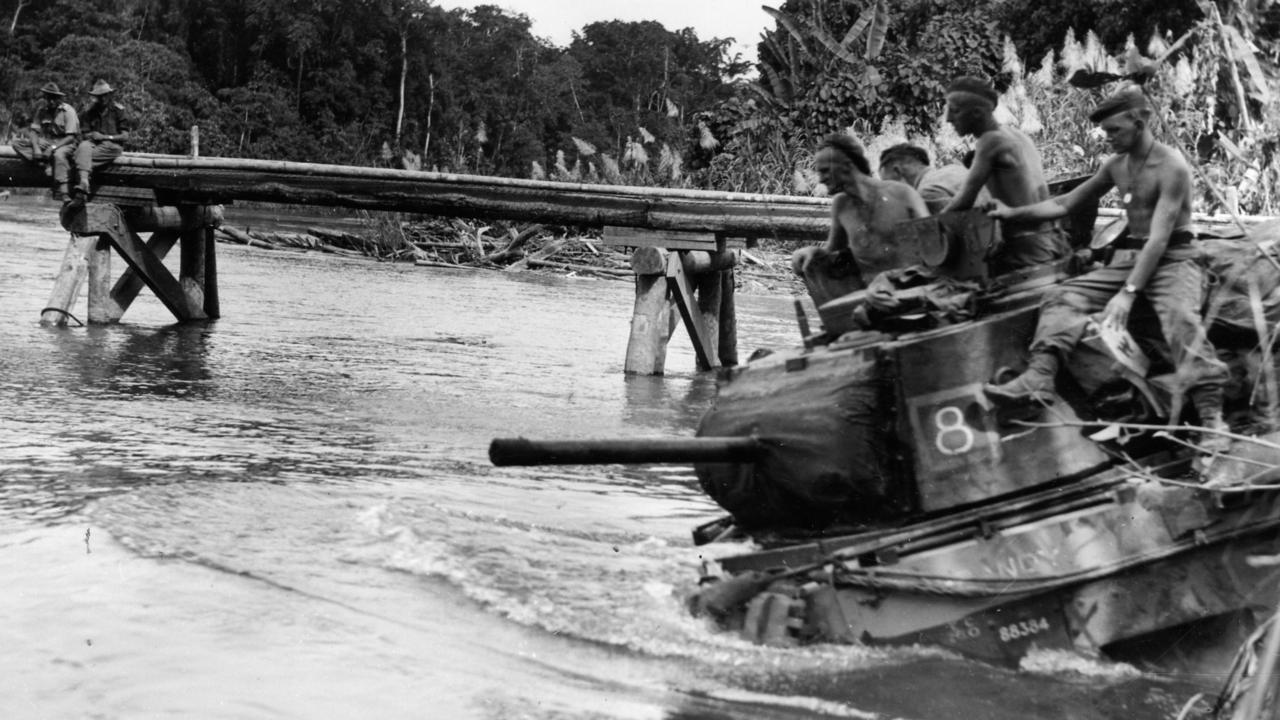
In 1975, Papua New Guinea including Bougainville, gained independence from Australia. The region became something of an economic powerhouse for the fledging nation with rich deposits of gold and copper.
However, the riches from the mine stirred a pro-independence movement that led to a two-decade long conflict between PNG and separatist forces that killed tens of thousands.
“The conflict, fuelled by deep grievances about the creation and administration of the massive Panguna gold and copper mine, was marked by a savage and brutal level of violence by all parties resulting in a heavy loss of life – men, women, and children – with estimates between 10,000 and 15,000, or around 5 per cent of the population,” said Ms O’Keeffe.
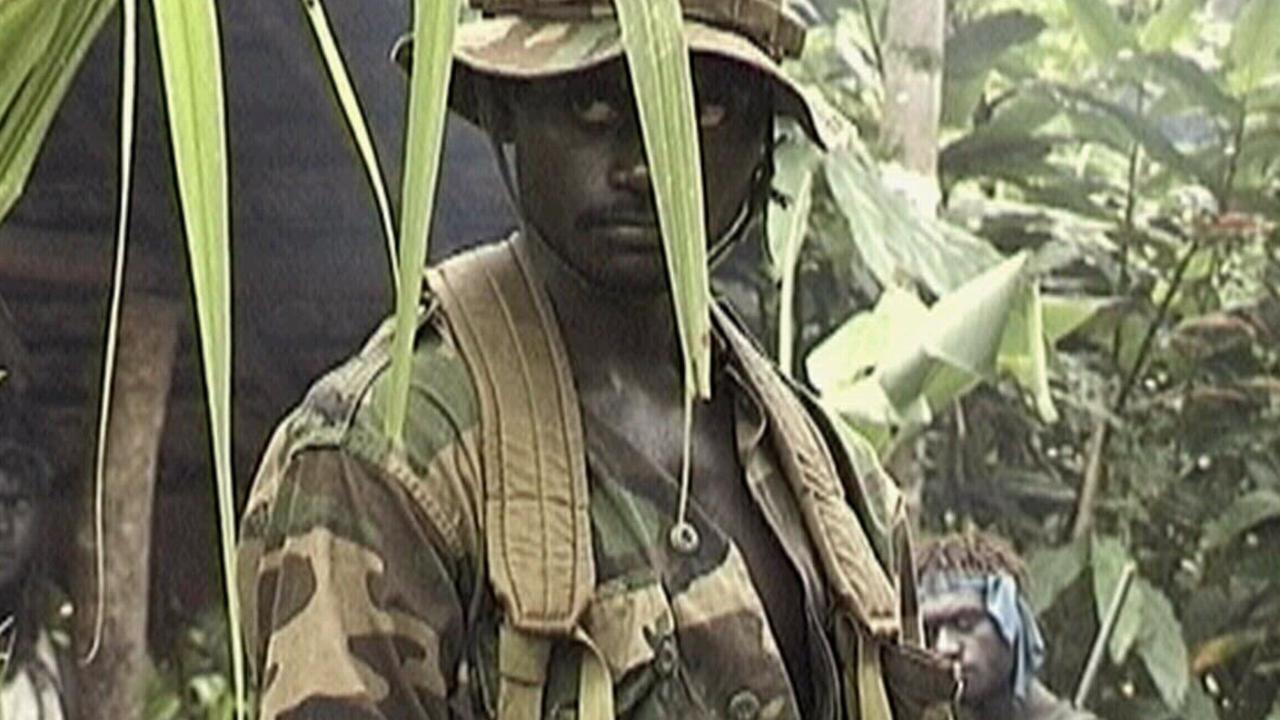
VOTE PART OF PEACE DEAL
New Zealand brokered a deal in 2001 that saw greater autonomy for Bougainville and that an independence referendum should be held. It’s taken almost 20 years for that to occur.
“All Bougainvilleans are ready and very excited that their day, which is only once in a lifetime, is fast approaching, and we are ready to vote … for independence,” Martin Miriori, who led an interim government in Bougainville in the late stages of the war, told Reuters.
The poll is logistically complex. It will take two weeks to carry out and will include people living in Australia that have a link to Bougainville.
Voters will have two options. One, for greater autonomy and a second for full independence.
Ms O’Keeffe said it was expected that Bougainvilleans would vote to break away.
“Indeed, it is likely to be socially difficult for dissenters from this view, because of community pressure to achieve this much sought-after goal that has cost so many lives.”
However, a ‘yes’ vote to independence is only one step on the road to sovereignty.
“The people of Bougainville won’t have the final word on independence. The next milestone will be endorsement of the result by the PNG government,” Ms O’Keeffe said.
“Assuming the predictions are right, it has to be expected that any parliamentary endorsement would come at the end of a detailed and lengthy process of ‘consultation’, given the complexities involved in taking on sovereign independence.”
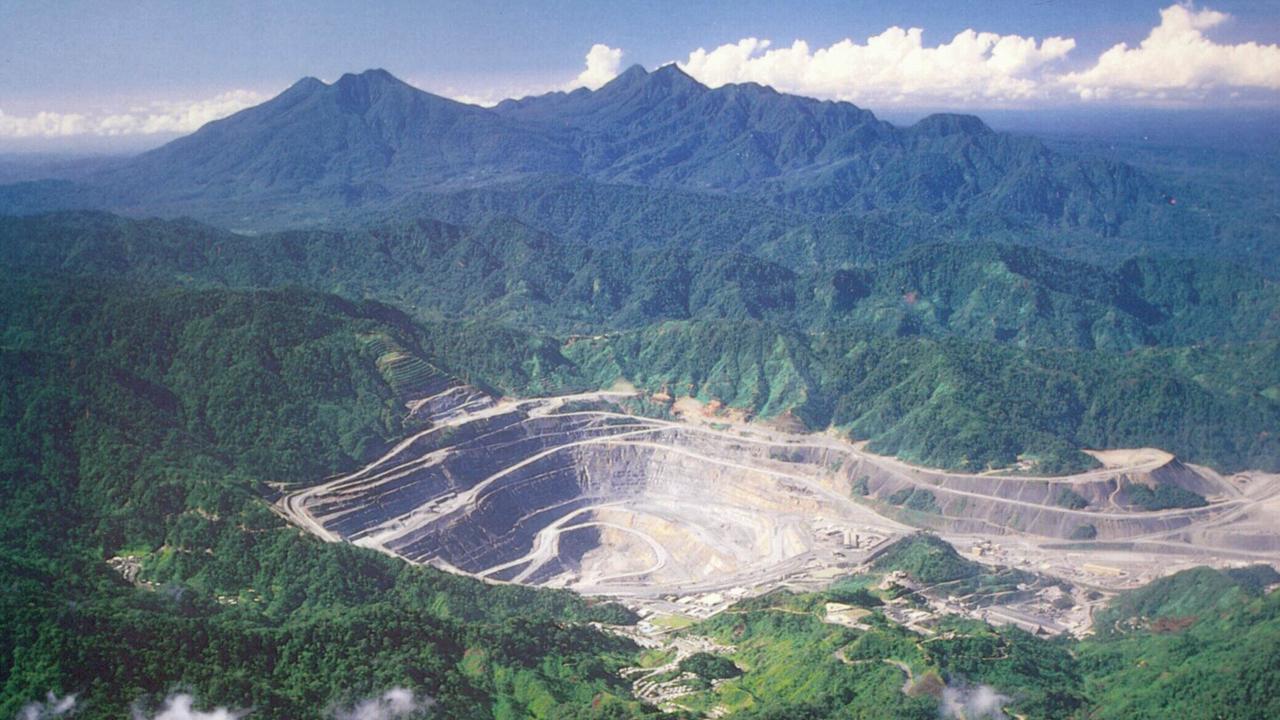
‘NON-BINDING’ SAYS PNG
Last month PNG Prime Minister James Marape congratulated those who helped bring the poll to fruition but reiterated its outcome was “non-binding”, reported the nation’s Post Courier newspaper.
Even if Port Moresby gave the green light to sovereignty, achieving it would be a struggle, according to Ms O’Keeffe.
“Bougainville will have a continuing struggle to find the funding and human resources required to establish the standard raft of administrative structures that sovereign nations need, including treasury, judiciary, defence, and immigration, while continuing to rebuild education, health, policing, and transport,” she said.
“Borders will need to be redrawn, fishing agreements renegotiated, mining rights determined, and diplomatic relations established.”
She also pointed out that fractures that have caused so much bloodshed on the islands remain and any new government will have to heal them to ensure the country’s success. There will be pressure to reopen the mine that caused such pain.
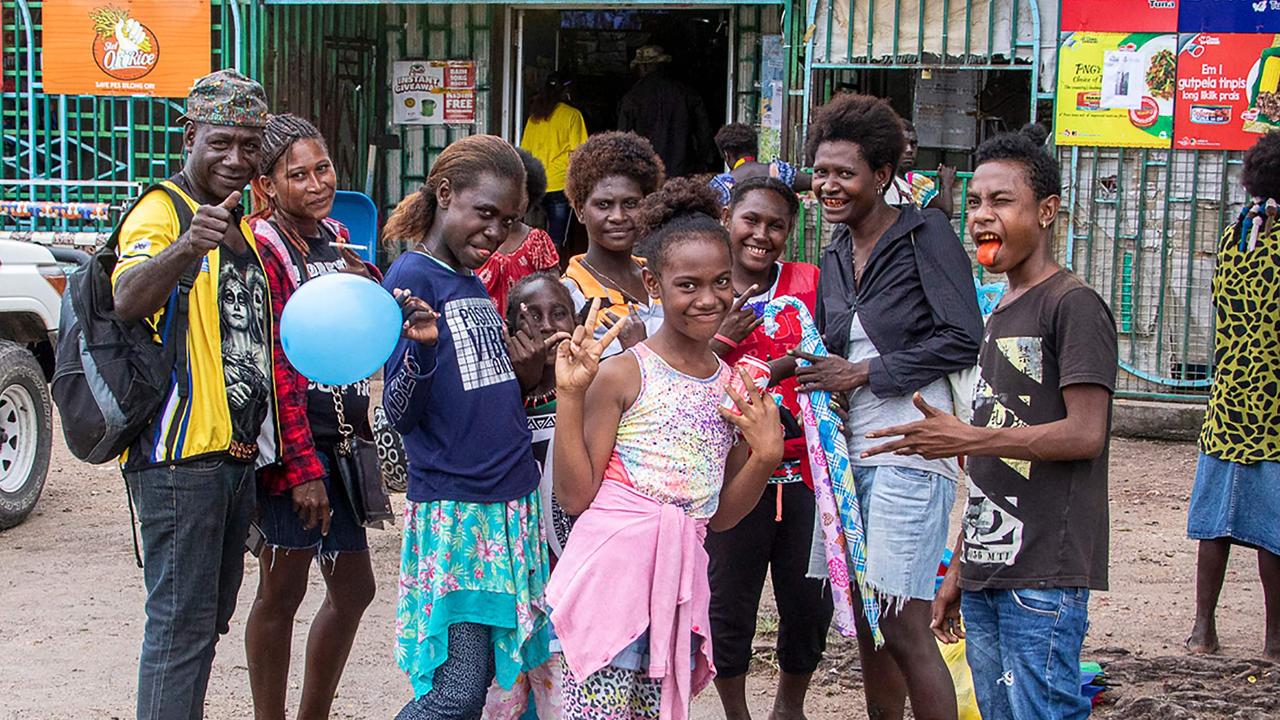
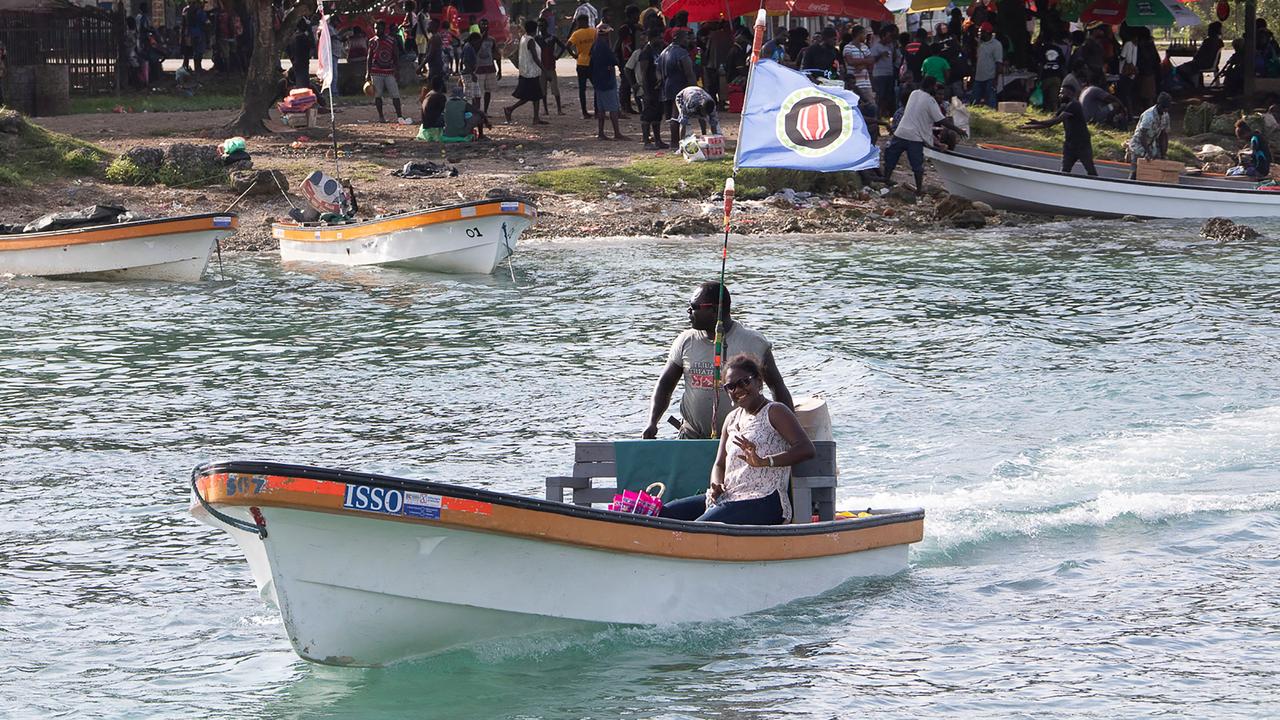
CANBERRA – AND BEIJING – WATCHING
Then there’s the influence of other powers in the region.
China, the US, Australia and New Zealand, have all been attempting to further their sway in the South Pacific where myriad small, sometimes cash-strapped nations face the challenge of looking after their citizens.
The region has been brought into the decades-long conflict between China and Taiwan. Beijing regards Taiwan as a renegade province rather than a nation in its own right.
Of the dwindling number of countries that officially recognise Taiwan rather than China, several are in the South Pacific.
RELATED: 60 Minutes investigates China’s growing influence in the South Pacific
This year Kiribati and the Solomon Islands, the latter just south of Bougainville, switched allegiances reportedly after Beijing came bearing gifts of aeroplanes and development funds.
On Thursday, Tuvalu foreign minister Simon Kofe told Reuters his government had rejected offers from Chinese companies to build artificial islands to help it cope with rising sea levels, which has been viewed as an attempt to peel off another nation loyal to Taiwan.
“Tuvalu and Taiwan diplomatic ties are the strongest they’ve ever been,” Mr Kofe said.
China is already said to have put its feelers out to Bougainville, sending a delegation to the island to look at building a new port.
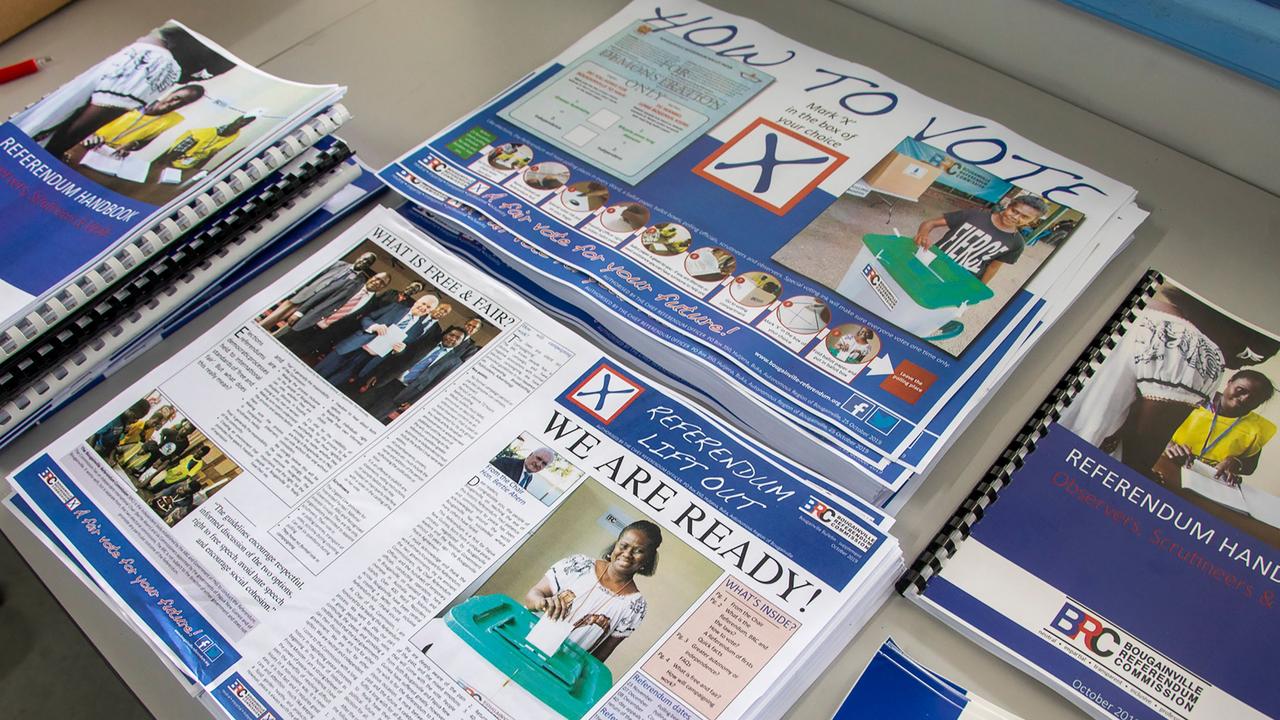

That’s keeping Australia on its toes. Last year, with the US, Canberra was invited by the PNG government to build a deep water port on the island of Manus. Reportedly, if Australia didn’t come forward with the funds China might have.
The referendum has the international seal of approval with former Irish Prime Minister Bertie Ahern overseeing the process.
Chief referendum officer Mauricio Claudio asked for campaigners to stop canvasing for votes on Thursday and Friday.
“Now is the time to reflect, whether it be in silence, in prayer or in quiet discussions with one another,” he said.
The outcome of the vote should be known in December. It could be far longer before Australia knows if it really will have a new nation in its doorstep.


